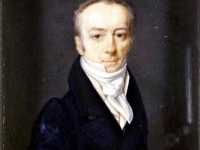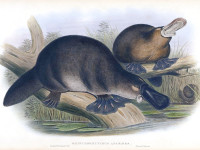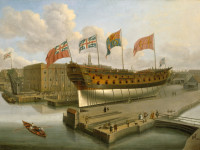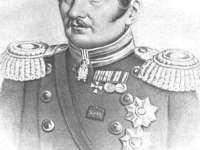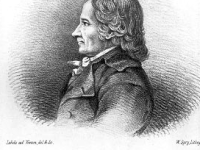James Smithson’s Last Will and its Remarkable Consequences
On June 27, 1829, English chemist and mineralogist James Smithson passed away, whose bequest of substantial funds in his will established the Smithsonian Institution, Washington, D.C., “for the increase and diffusion of knowledge”, despite having never visited the United States. “I then bequeath the whole of my property … to the United States of America, to found at Washington, under the name of the Smithsonian Institution, an establishment for the increase and…
Read more

